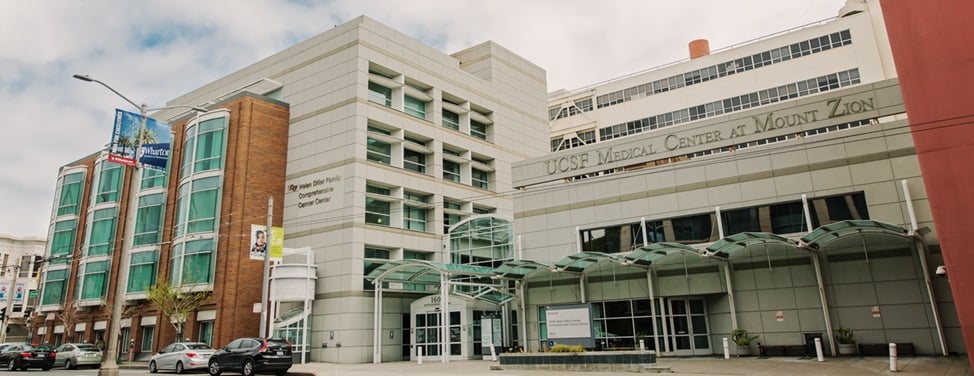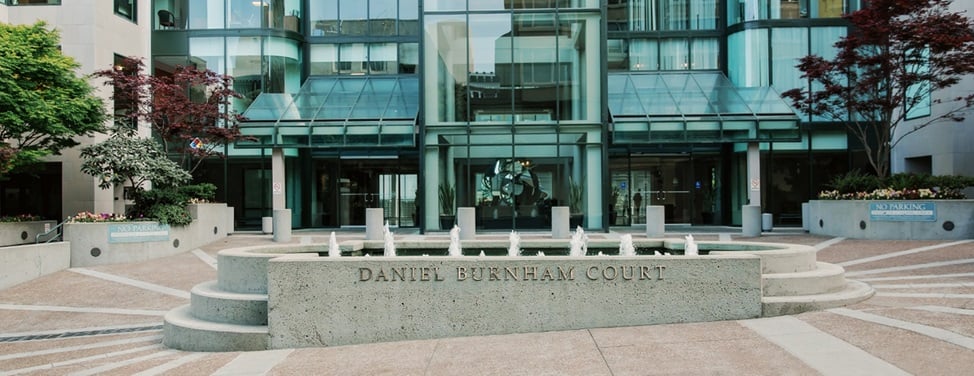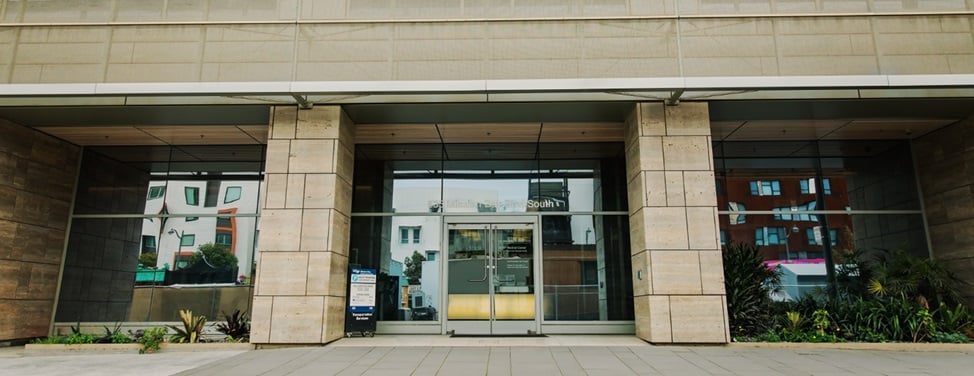
Risk Factors for High Blood Pressure (Hypertension)
The top 10 risk factors for high blood pressure include:
Being overweight or obese
The more you weigh the more blood flow you need to supply oxygen and nutrients to your tissues. As the volume of blood circulated through your blood vessels increases, so does the pressure inside your arteries.
Too much salt (sodium) in your diet
Too much sodium in your diet can cause your body to retain fluid, and also causes the arteries in your body to constrict. Both factors increase blood pressure.
Too little potassium in your diet
Potassium helps balance the amount of sodium in your cells. Potassium causes the smooth muscle cells in your arteries to relax, which lowers blood pressure.
Not being physically active
Exercise increases blood flow through all arteries of the body, which leads to release of natural hormones and cytokines that relax blood vessels, which in turn lowers blood pressure. Lack of physical activity also increases the risk of being overweight.
Drinking too much alcohol
Having more than two drinks per day can cause hypertension, probably by activating your adrenergic nervous system, causing constriction of blood vessels and simultaneous increase in blood flow and heart rate.
Stress
High levels of stress can lead to a temporary, but dramatic, increase in blood pressure. If you try to relax by eating more, using tobacco or drinking alcohol, you may only exacerbate problems with high blood pressure. Relaxation and meditation techniques effectively lower blood pressure.
Non-steroidal Anti-inflammatory Drugs (NSAIDs)
Ibuprofen (Advil, Motrin, Ibuprofen) can cause marked worsening of existing hypertension or development of new high blood pressure. It can also cause damage to the kidneys, worsening of heart failure, and even heart attack or stroke. Ibuprofen is a member of the class of drugs called NSAIDs, which includes naproxen (Aleve, Naprosyn and Anaprox), sulindac (Clinoril), diclofenac (Voltaren), piroxicam (Feldene), indomethacin (Indocin), Mobic, Lodine and celecoxib (Celebrex).
Cough and Cold Medications (Sudafed and other brands that contain pseudoephedrine and phenylephrine)
Cough and cold medicines frequently contain decongestants such as pseudoephedrine and phenylephrine. These medications cause your blood pressure and heart rate to rise, by constricting all your arteries, not just those in your nose.
Certain chronic conditions
Certain chronic conditions, including diabetes, kidney disease and sleep apnea, also may increase your risk of high blood pressure.
A diet low in vitamin D
It's uncertain if having too little vitamin D in your diet can lead to high blood pressure. Researchers think that vitamin D may affect an enzyme produced by your kidneys that affects your blood pressure. More studies are necessary to determine vitamin D's exact role in high blood pressure. However, talk to your doctor about whether you may benefit from taking a vitamin D supplement.
UCSF Health medical specialists have reviewed this information. It is for educational purposes only and is not intended to replace the advice of your doctor or other health care provider. We encourage you to discuss any questions or concerns you may have with your provider.









